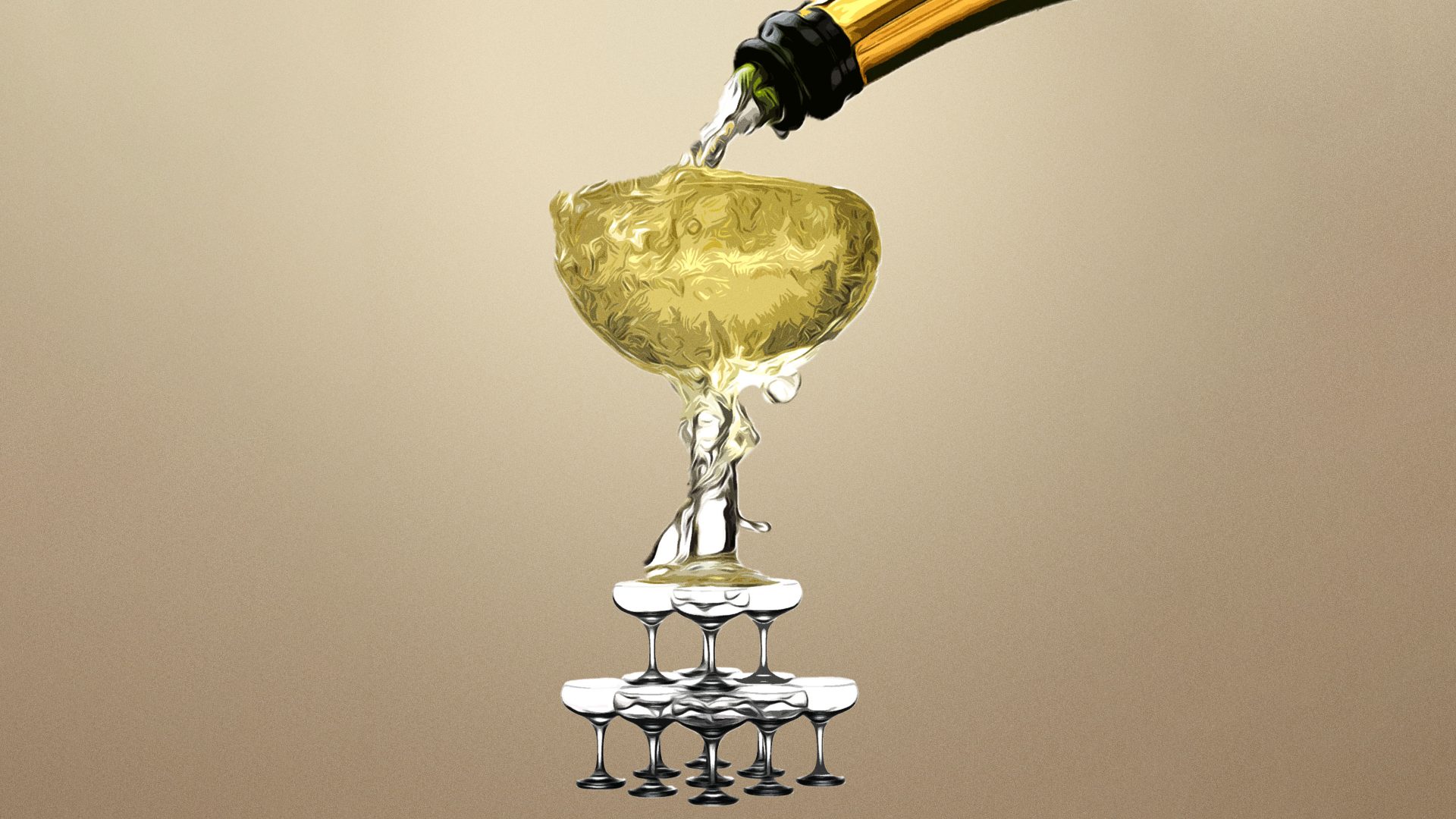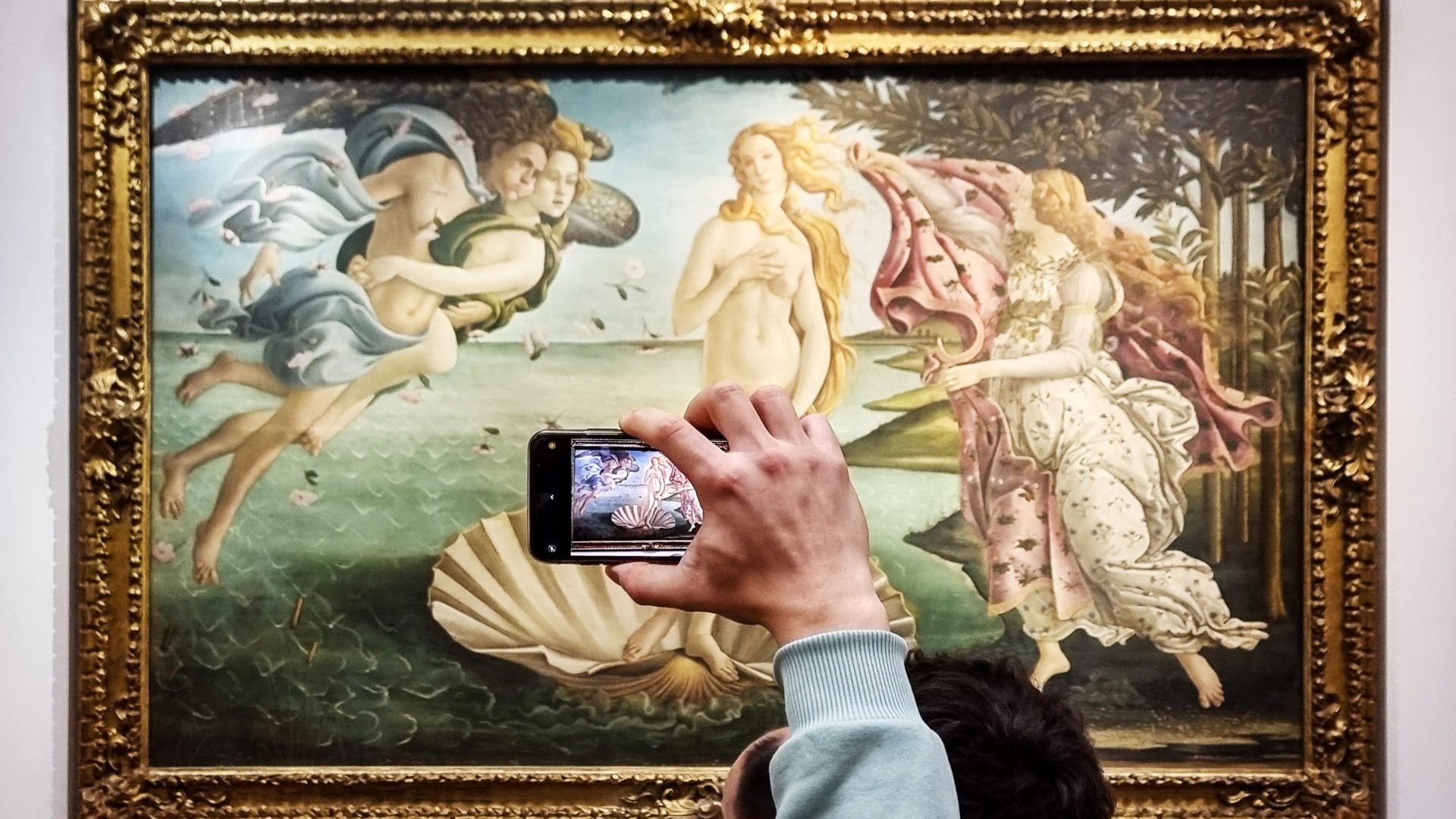Inequality is spiralling out of control. A 2023 study commissioned by the Joseph Rowntree Foundation reported that 3.8 million people in the UK experience destitution – the most severe form of material hardship. Between 2019 and 2022 their numbers have gone up by 61%, and even more so among children.
Yet at the same time, the 2023 Sunday Times Rich List tells us that the top 10 richest UK billionaires saw their wealth increase by an average of £4.4bn each. This situation is appalling.
I believe that we cannot tackle inequality at the level of the poverty line unless we also do something about the other end. We should be working towards a world without extreme wealth. This view is called limitarianism – a moral and political upper limit to how much personal wealth a person can have.
Why support a seemingly extreme measure? In my book Limitarianism. The Case against Extreme Wealth, I unpack some of the reasons in detail, but let me briefly list them here.
Excess wealth is directly related to poverty, but not in the way we are usually told. The mainstream view is that the rich create jobs and thereby help the poor escape poverty. Yet this is only a very small part of what is going on in the economy and policy-making.
Research shows that the lion’s share of gains from the economy go to those who already have the most, while only a tiny fraction goes to those who have the least. Tax deductions disproportionately benefit the rich, whose tax contributions could have supported the poor.
Meanwhile, excess wealth undermines democracy. It allows the super-rich to spend fortunes on lobbying, or to donate huge sums to support political candidates and parties, which gives them a bigger voice in political decisions.
And the rich and super-rich are disproportionately responsible for climate change. Their lifestyles and investments create many more greenhouse gases than the average person’s, and are incompatible with the principle of ecological sustainability.
Philosophically, the most fundamental reason to limit wealth is that no one can say that they deserve their fortune. Many believe that what we can reap in the market is what we morally deserve. But this is a mistake.
Wealth is, to a large extent, the result of various factors that we can in no way take credit for. We should acknowledge the huge influence of good or bad luck in our lives: including the “natural lottery” ticket that we were given when we were born; the family we were born into; the parents and teachers who influenced us deeply. There is also the pure, undeserved luck of being born into rich families with vast inheritances.
Much economic success has been facilitated by the work of previous generations, and none of us can take credit for those achievements. The late Nobel Prize-winning economist Herbert Simon estimated that 90% of economic production can be attributed to what previous generations left for us.
If we want to limit wealth so that we can address poverty, protect democracy, end climate destruction, pay for the nation’s healthcare and eliminate undeserved riches, then where should we draw the line?
There are two limits to wealth that we should consider: a political limit and an ethical limit. They are set at different levels. The political level is democratically decided and embedded in law and institutions; the ethical level is a voluntary, personal decision, where we can take our personal context into account.
The political limit should be set at such a level that the negative effects of excess wealth on society are minimised. Each society has to ask: What is the level of wealth at which a rich person can significantly undermine democracy? What is the level of wealth at which the rich person’s corresponding lifestyles harm the environment? What limit would be high enough so that it would keep incentivising people to innovate and contribute to the economy? What is the upper limit above which personal wealth starts to turn into wasteful spending?
We need to estimate the answers to these questions, and then strike a balance. This gives us the political limit.
For a country similar to the Netherlands, where I live, as a ballpark figure, my rough estimate would be that this limit should be around 10m euros. But then Dutch residents have a properly funded universal healthcare system (without any need to seek private healthcare), and an unconditional basic pension which is around the level of the poverty line. Countries that do not have those features, or where the housing market is under more strain, might need a higher upper limit. But surely it should not be £100m.
To determine the second limit, the ethical limit, we need to answer the question: How much money do I need to lead a very good life, and meet any special obligations I might have, such as to family members who cannot provide for themselves?
This limit will depend on our particular circumstances as well as the public and collective provisions we can count on. The answer will vary between individuals, but that doesn’t mean that “anything goes.”
Around the world, many nations once under the spell of neoliberal capitalism are in crisis. Citizens need to ask the question: what kind of society do we want?
My suggestion is that when answering that question, we take seriously the proposal to limit how much personal wealth a person can hold – limitarianism will make our existence fairer and more sustainable, and offer all of us better lives.
Limitarianism: The Case Against Extreme Wealth by Ingrid Robeyns is published by Allen Lane. Ingrid Robeyns is a philosopher and economist, and holds the chair in ethics of institutions at Utrecht University, the Netherlands.



